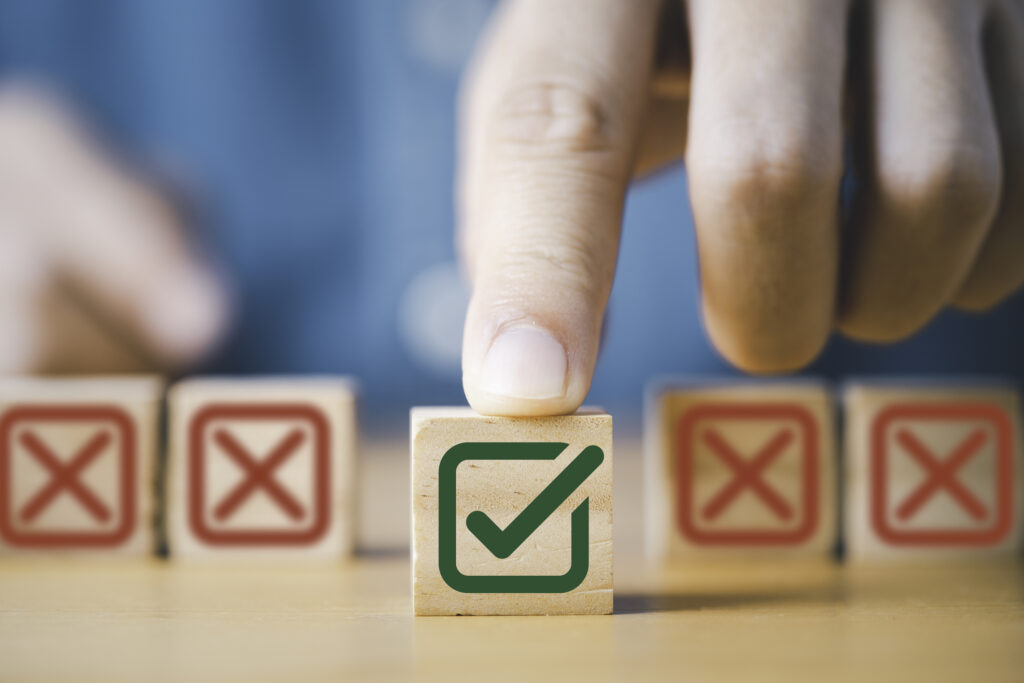- Do you have experience providing therapy to people with similar issues as mine?
- What are the different therapy approaches you practice, and which do you think will work best in our work together?
- How do you collaborate with your clients throughout the therapy process?
- How do you collaborate with other treatment team members (medication providers, case managers, etc.) when appropriate?
- Which types of coping skills do you normally help your clients learn and practice?
- How do you measure progress?
- What can I do if I feel the treatment isn’t working for me?
- How will I know when to stop or pause therapy if I am doing well?
- What is your training (what certifications or degrees do you hold)?
- Based on what you know about me so far, do you believe we’re a good fit? Why or why not?
- Do I feel respected by my therapist?
- Do I resonate with my therapist’s approach to treatment?
- Does my therapist listen attentively to me?
- Do I feel validated by my therapist?
- Is my therapist transparent with me about their treatment approach, and do I understand it?
- Does my therapist check in with me about progress and my experiences in treatment?
- Is my therapist an ally to me?
- Is my therapist open to my feedback about what works and what doesn’t?
- Is my therapist a safe person for all pieces of my identity?
- How am I feeling about working with my therapist so far?

Seasonal Affective Disorder in Vancouver, WA
In Vancouver, Washington there are approximately 143 sunny days per year. That makes for 222 cloudy, gloomy days! In fact, it is so cloudy here that weather forecasters have a special term— “sun breaks”—to describe the periodic bursts of sunshine that are both rare...
Body Acceptance: PART 1—An Unexpected Lesson From Star Wars
Anyone that saw the movie poster for Star Wars: Episode One could have been easily mislead into thinking this would be an epic movie. The image of Darth Vader's shadow lurking beside the figure of innocent Anakin Skywalker is thought-provoking and thrilling! Yet,...
How to Stop Yelling at Your Kids
Most parents don’t feel super great after yelling at their kids. In fact, no matter how justified the outburst seemed at the moment, it’s more than likely that both the parent and the kid are left feeling terrible afterward. Research is beginning to indicate...
5 Steps to Coping with Panic Attacks
Unless you are face-to-face with a bear or another physical danger, nothing feels more terrifying than a panic attack. Many have gone to the Emergency Room fearing heart attacks, strokes, and death. With symptoms including chest tightening, throat constricting, and...
Active vs. Passive Anxiety
Have you ever felt like someone is playing tug-of-war with you, except you are the rope? Being pulled in too many directions can be exhausting, and if it happens over an extended length of time, it can lead to extreme anxiety or burnout. If...

